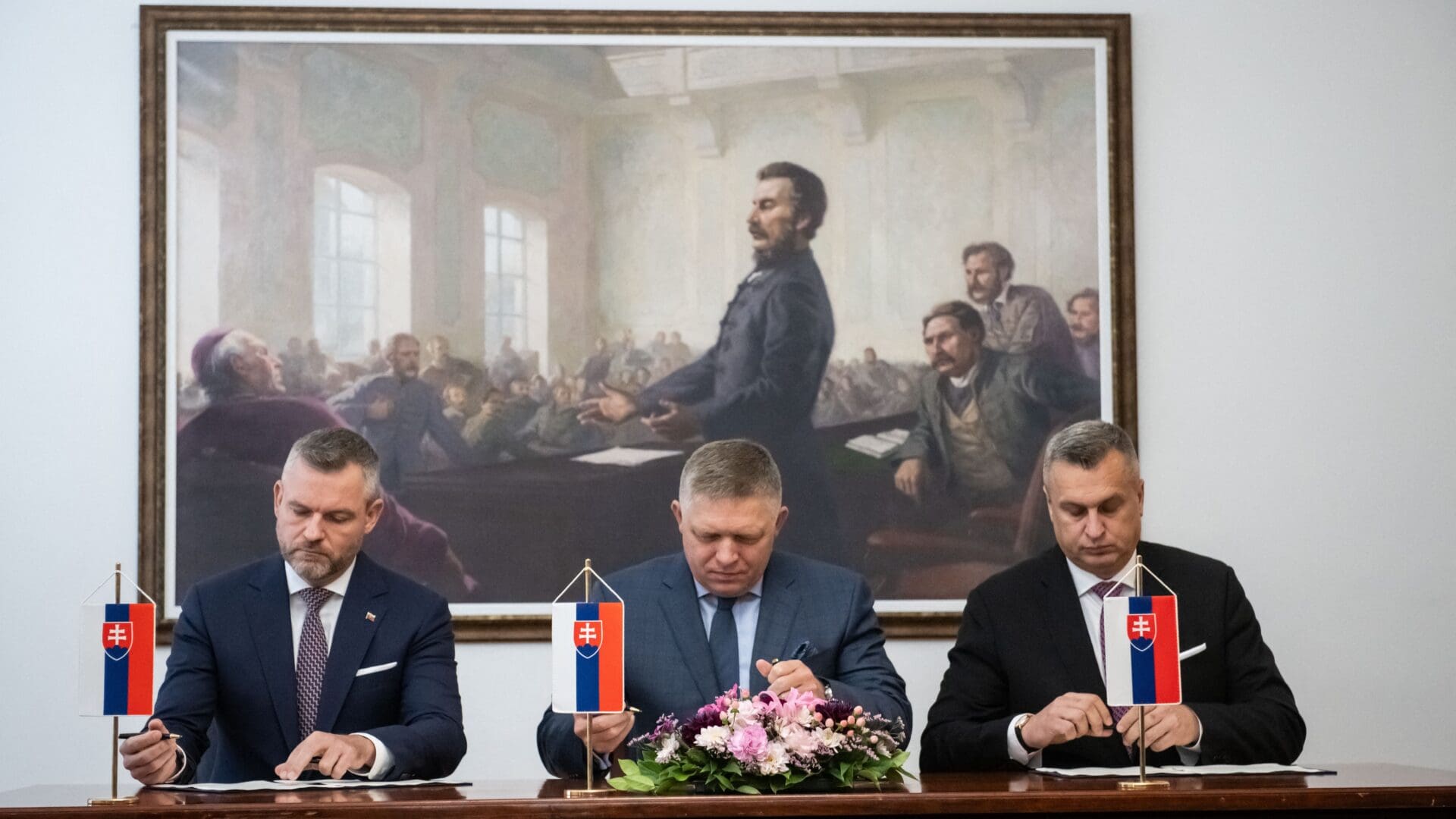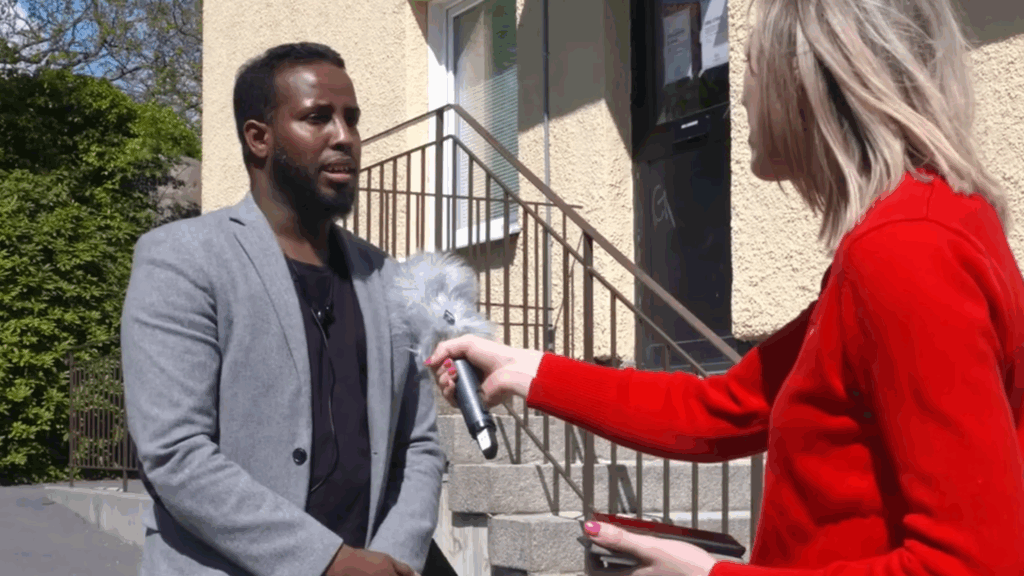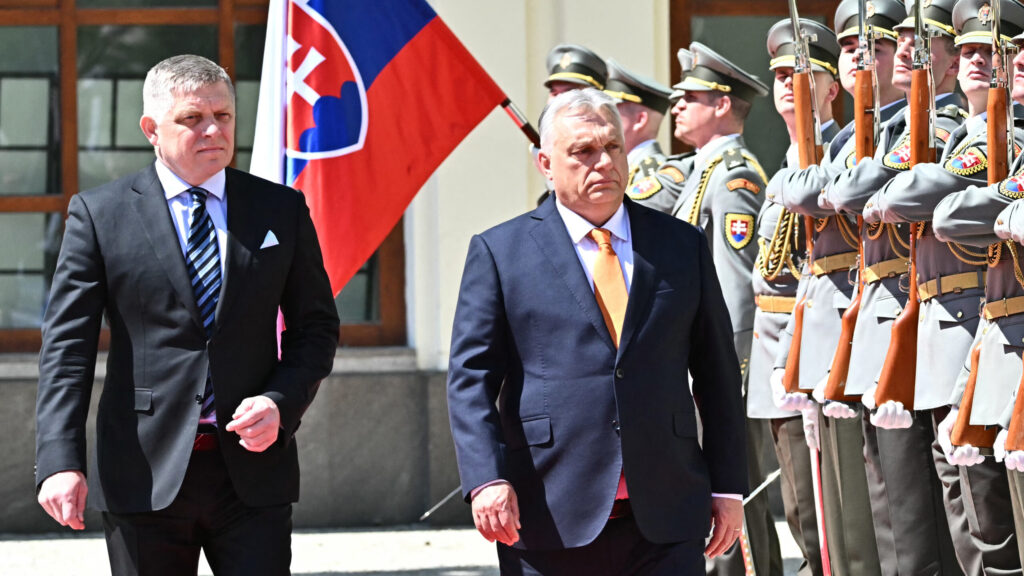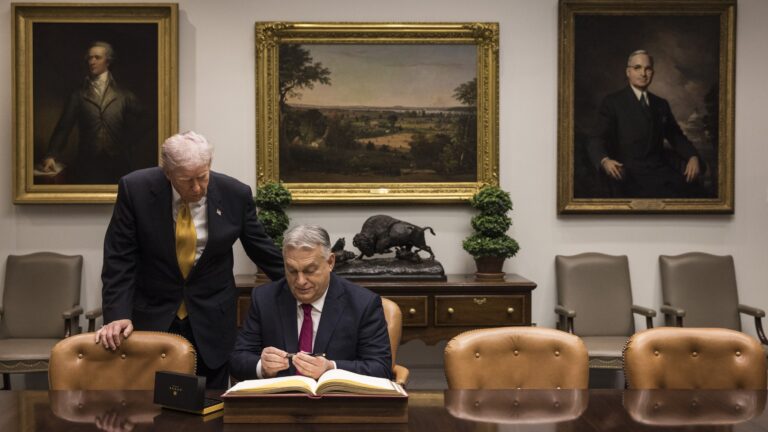Early elections were held in Slovakia last September. As a result, the country underwent a radical political reversal and embarked on a patriotic path. Coalition negotiations proceeded quickly, and by the end of October 2023, the new leadership and policy direction it aimed to follow became visible. Robert Fico would sit in the prime minister’s velvet chair for the fourth time in his career. His old-new ally, former PM Peter Pellegrini became the Speaker of the House. It was reasonable to expect that, following the chaos of the previous three years, social strain would decrease, and political tensions calm down. However, this has not yet happened, for several reasons. On the one hand, the new government is implementing hard-to-justify reforms by amending the Criminal Code and abolishing the Special Prosecutor’s Office. On the other hand,
a presidential election campaign is underway in Slovakia,
which will be followed by the European Parliament elections. It is needless to emphasize the political importance of these factors.
The first round of the presidential elections is due on 23 March 2024. If no candidate obtains an absolute majority, a second round will take place two weeks later. The current head of state, Zuzana Čaputová, already announced last year that she would not run for office again. Although there are several candidates, based on current opinion polls, former Prime Minister and current Speaker of the House, Peter Pellegrini, and former Minister of Foreign Affairs Ivan Korčok may make it to the second round. If this happens, the duel between them will bring the struggle between patriotism and progressivism to the surface again. The stakes are high since the real power of the head of state in Slovakia can be expressed not in the implementation of an independent presidential programme, but in the power of balancing the elected parliament in certain fields. In the person of Zuzana Čaputová, Slovakia has had an active president, who has been much more successful in expressing her own political convictions than in embodying the unity of the whole nation. The main reflection of this statement is the fact that she, disregarding the political reality, assembled and appointed a government of experts led by Ľudovít Ódor in 2023, which reigned in Slovakia without the approval of parliament until the early elections called in September. With Ivan Korčok in office, this attitude may continue or even harden. Peter Pellegrini’s political values are much more difficult to define. He is unquestionably an individual who considers the concept of nation in his political thinking, but who positions himself at the centre of the political landscape, keeping an adequate distance from its extremes. His election would presumably not deepen the current level of social divide and would be favourable for the government.
Although the Hungarian community, which makes up eight per cent of the country’s population, is also launching an independent presidential candidate in the person of Krisztián Forró, his only goal may be to obtain five per cent of the vote cast and thus demonstrate unity and strength. Considering the current divisions of ethnic Hungarians living in Slovakia, this will not be an easy task. However, if Forró performs well, his role may be effective in giving support to one of the candidates in the second round of the elections. It is widely known that Ivan Korčok is one of the most anti-Hungarian actors on the Slovak political scene. Liberal Hungarians living in Slovakia are aware of this fact. It can be assumed that many of them will stay away[1] from the ballot box in the second round. In the past, Pellegrini never behaved in a particularly hostile manner towards Hungarians. The question is whether he will be able to make political gestures in exchange for Hungarian votes. If he wants to get into the presidential palace, he will probably need their aye, too.
As the country prepares for the elections, on 1 February 2024 the Fico government completed its first hundred days in office. According to the unwritten rules of politics, this short time is often regarded as a kind of ‘grace period’ by both the press and the opposition, in Slovakia. Since the fall of Igor Matovič’s government in 2021, however, there has been marked political tension in which there is no room for patience or listening to the arguments of the other side. Thus, it was to be expected that the performance of the Fico government since its entering office on 25 October 2023 would be evaluated from different perspectives by the prime minister, his opposition, and the Slovak press. However, it turns out that not only is it difficult to find any basis for consensus with regard to that, but there are deepening fault lines and mutual misunderstanding.
The main criticisms against the four Slovak governments[2] of the past three years were the lack of competence and the imposition of ad hoc solutions. The current government coalition has produced the exact opposite: it carries out the programme that its political opponents are most afraid of and does so with panache. The critical press reviews are not surprising, since Robert Fico has been engaged in a constant battle with the liberal press for more than a decade. This struggle is even more evident today, considering that members of the government are not available to liberal media outlets. This front has expanded recently, and civil organizations have also entered the prime minister’s crosshairs. According to the PM, a significant number of these organizations use public money and foreign donations to carry out political activities without ever contesting elections. Similar arguments have been voiced by Budapest for years.
At the centre of the current debates is the reform of the Criminal Code,
which, according to the opposition, would serve to reduce the prison terms of Fico’s colleagues convicted for corruption during the last three years. The opposition also claims that Fico is building a ‘mafia state’ and is breaking down any the obstacles that may prevent him from doing that. The government’s counterargument is that the Criminal Code is outdated, while the Special Prosecutor’s Office, to be phased out in accordance with the new law, served the political interests of the opposition over the past three years. It is a fact that the current special prosecutor was previously convicted, and his appointment was only possible because the government at the time amended the relevant legislation. On the other hand, the institution had functioned well earlier. The issue of the Criminal Code is more difficult to judge, but at the same time, it is somewhat disturbing that the strict regulations will be weakened, especially concerning corruption and crimes against property. These matters are of concern for the public and affect the chances of Pellegrini’s election as president.
At the moment, the power of progressives is much more visible on the streets than in the Slovak National Council, while the opposite is true for the nationalist forces. What is certain is that we are to witness a politically extremely exciting period in Slovakia in the coming weeks and months.
[1] ‘Magyarellenes-e Ivan Korčok, avagy kire szavazzon a szlovákiai magyar?’, Napunk (29.02.2024), https://napunk.dennikn.sk/hu/3856071/magyarellenes-e-ivan-korcok-avagy-kire-szavazzon-a-szlovakiai-magyar/ accessed 01.03.2024.
[2] PM Igor Matovič (21.03.2020-01.04.2021), PM Eduard Heger (01.04.2021–16.12.2022), PM Eduard Heger (caretaker government: 16.12.2022–15.05.2023), PM Ľudovít Ódor (caretaker government: 15.05.2023–25.10.2023)







